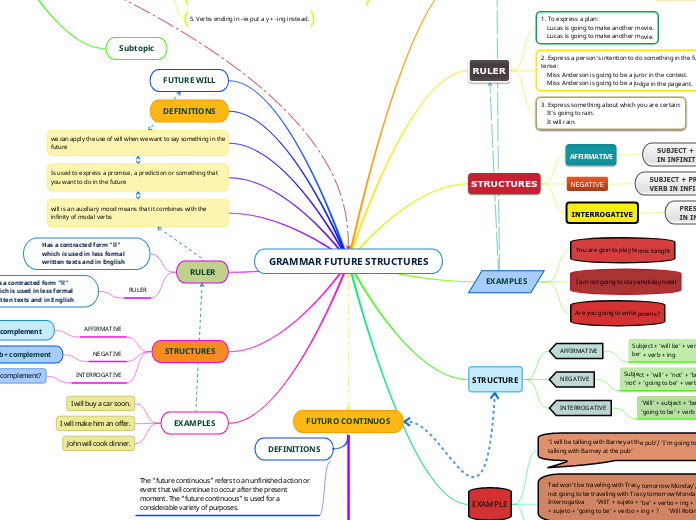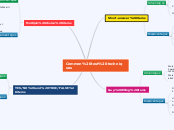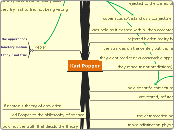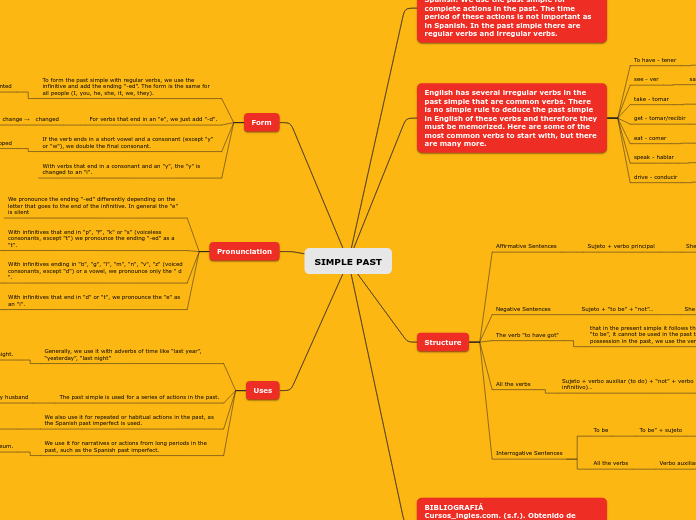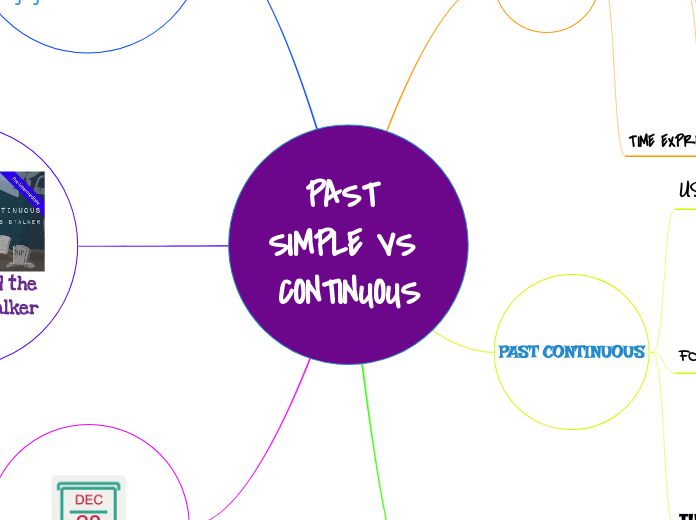jonka Jackson Joel Santana Muñoz 3 vuotta sitten
259
GRAMMAR FUTURE STRUCTURES
The future continuous tense is employed to describe ongoing actions or events that will occur after the current moment and will continue into the future. It serves multiple purposes, such as indicating actions happening at a specific future time that started earlier and will persist beyond that moment.
